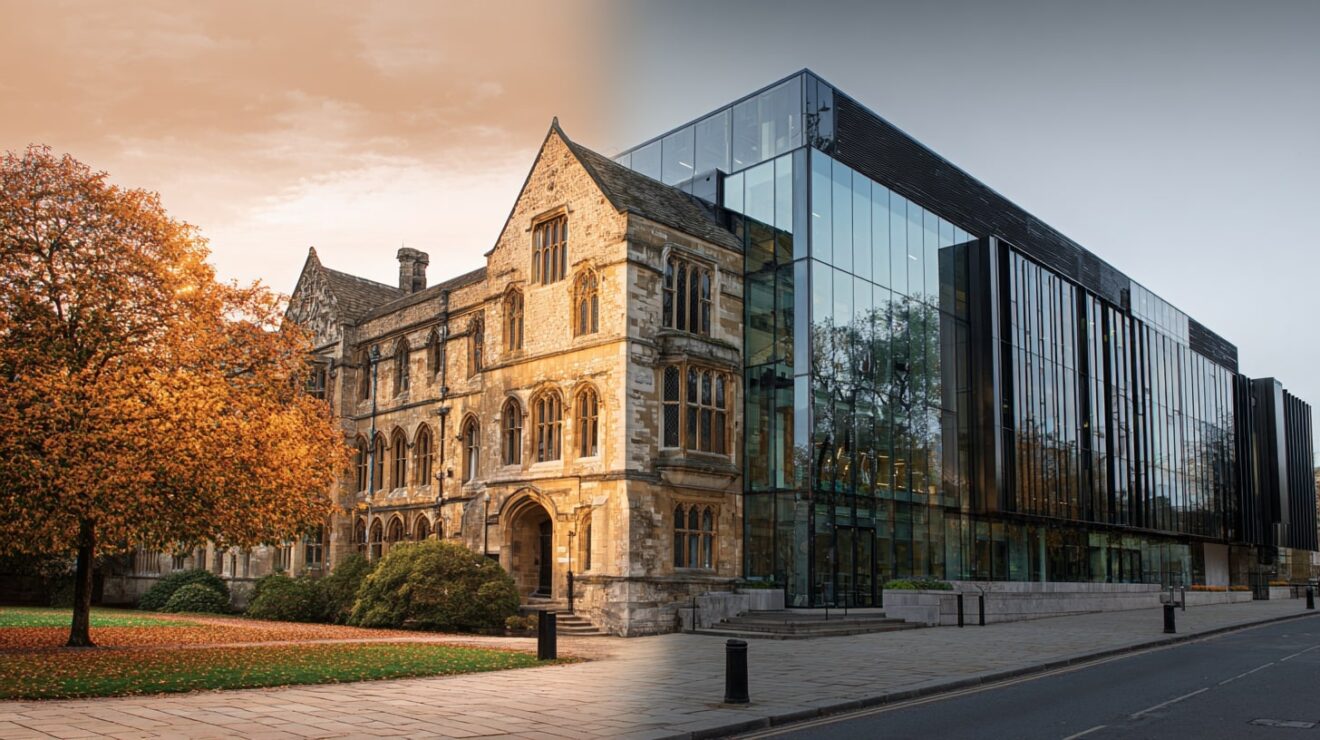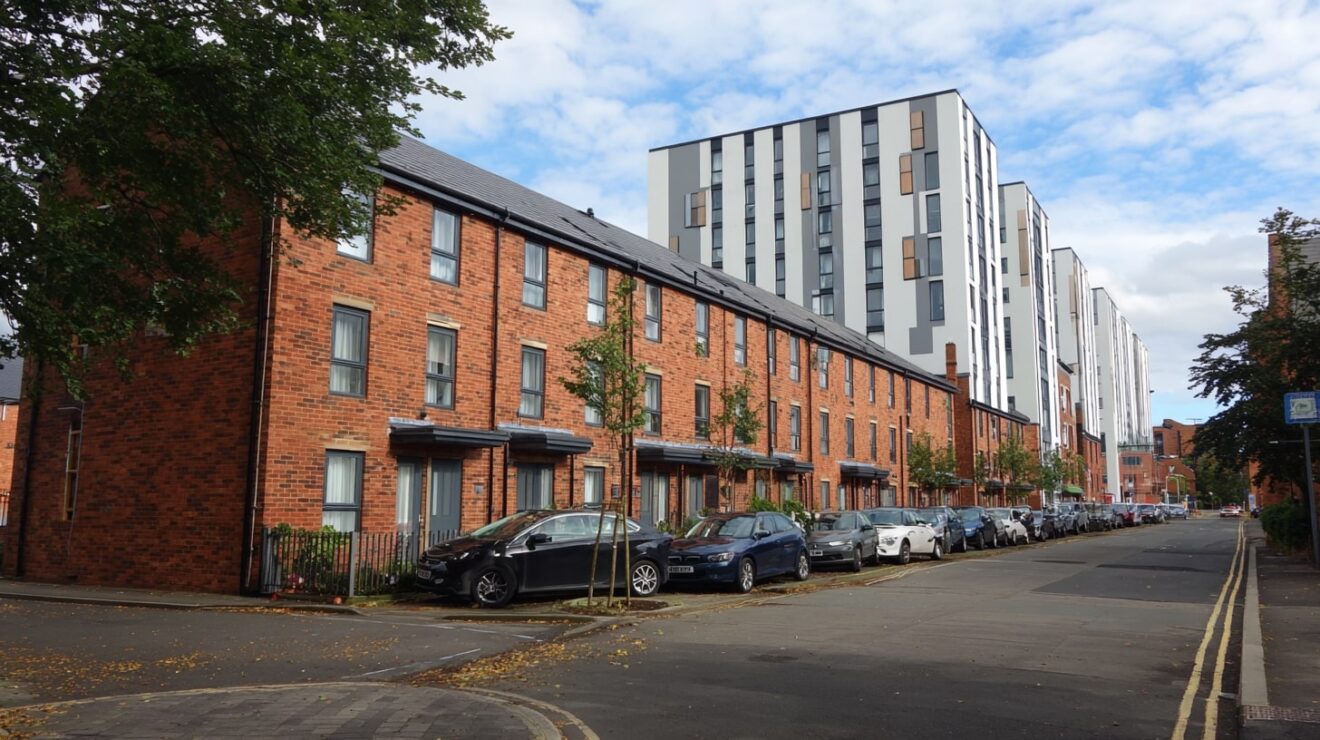In recent months, a rise in student protest – rent strikes and occupations in particular – suggests that Covid related precarity has radicalised a new generation of students.
Autonomous organising and grassroots struggle are firmly back on the agenda, highlighting alternative ways to facilitate change and utilise collective power.
Back to the future
The origins of the current wave of student protest can be found in 2010. Inspired by a global wave of direct action, 2010 was a political awakening for many of us starting out at university. It feels surreal that ten whole years have passed.
To some extent, what we are witnessing now is the movement’s delayed second wave – although the focus this time around feels sharper and more disciplined. The mood of 2010 did not translate to a unified student movement. Indeed, the initial student protest fractured and splintered into a range of grassroots struggles, with fringe campus uprisings occurring sporadically.
Skip forward ten years and campus activism today appears relatively unified, coherent, and resilient. Students at several universities – including Bristol, Warwick, Glasgow, and Manchester – have organised rent strikes, with places such as Liverpool and Manchester organising Student Before Profit Campaign Groups.
The results so far are positive. Students staging an occupation at Manchester have secured a 30% rent cut as a starting point, giving confidence to Rent Strike movements across the country. Bristol has upwards of 1400 students participating in an ongoing rent strike, which if successful, would constitute the largest university rent strike in decades.
I am not sure we ever had the type of broad base solidarity back in the 2010’s that we are seeing now across so many universities. This is partly due to how Covid has made visible the cruel absurdities of hyper-marketisation in a unique way. In particular, the presence of private security guards, police, fences, and barriers employed on campuses to keep students locked up in cramped flats, whilst all lectures are delivered online. The ugliness of a system that prioritises rent extraction and profit above welfare becomes nakedly apparent to everyone.
Another major difference between now and 2010 is the level of shared political consciousness amongst students. Many of the current wave of protestors started their activist journey via the youth climate strikes, Black Lives Matter, and the latter stages of the anti-austerity movement. This is a generation that is already well-versed in collective struggle. This experience will come in handy when dealing with the inevitable tensions and splits that occur in any movement.
Anarchist horizons?
In their own words, the University of Manchester Occupiers declared electoralism as a dead end. Protestors and campaigners are not viewing their struggle through the lens of party politics, or any formal leadership structure at all for that matter, but rather through grassroots organising. This suggests a potential shift from a centralised system of student politics — consolidated within the student union, the NUS, and the Labour Party – to something inherently more decentralised and anarchist in nature.
Not only is decentralised organising enjoying tangible success in terms of outcomes, but it also points to a more meaningful way to do student politics – by empowering the many over the few. Whilst the standard representation model mostly finds value amongst students who naturally gravitate towards leadership roles, grassroots campaigning expands the space of participation to those who deeply care about a cause, but are otherwise turned off by the concept of formal leadership.
We all know of well-meaning and capable students who upon being elected in leadership positions quickly feel burnout and frustrated by the system. Moving the dial even remotely in the direction of justice required superhuman efforts on their parts – slogging it out in board rooms, evenings buried in senate papers, weekly integrations at council. None of it looks appealing. Far too much weight carried on too few shoulders.
A confident and well mobilised student movement has the potential to share the load with student representatives who are not merely sympathetic with the movement, but who find strength and solidarity from within it.
To the grassroots
In this respect, there is something far more sustainable and productive about focusing on grassroots organising. Activists are of course subject to extreme levels of fatigue and burnout, but by expanding the realm of participation, a movement grows in both resilience and focus. Communities of engaged students, sharing the workload, feeling empowered to make decisions autonomously, and discovering themselves as communal political actors in the process.
Here It is also important to focus on what we gain on a human level when expanding the terrains of grassroots political action. We talk a lot in our sector about belonging, but what better way to feel part of a community than engaging in a shared struggle for your rights.
The belief that “Another World is Possible” is the enduring legacy of 2010. Deeply immersed within Occupy and the student protest movement of 2010, the late David Graeber reflected on the incredible energy and imagination of young people seeking to “reclaim the future”.
During a time where many mainstream pundits and academics were dismissing anarchist organising as infantile or hopelessly idealistic, Graeber saw the bigger picture – “occupiers and protesters finally managed to break a 30-year stranglehold that has been placed on the human imagination”.
As we look to a future of increasingly complex social and political problems, campus activism may provide an alternative framework for not only seeking justice, but also in how to develop mass participatory engagement in community building. This student movement should not be judged on its permanence, but rather its ability to provide blueprints for new ways of doing politics.



















I would suggest most students are arriving pre-radicalised from prior teaching and (abet limited) life experience already, Covid has simply catalysed the situation and their immature brains already preconditioned have reacted as pre-programmed emotionally. What is clear is many who would have avoided involvement with SU’s and SU politics have been motivated to join in and demand the promised ‘student experience’ from the glossy brochures and on-line ad’s based on previous non-Covid years, and now almost any ’cause’ is able to garner unthinking support, not just those around their ‘university experience’. How such activism maybe viewed by potential future employers… Read more »
John, what an ignorantly reply. Generation of politically savvy kids fighting for their rights (and winning concessions!) should be celebrated. A higher education is about more than job training, its about democratic citizenship too! Power to them 🙂